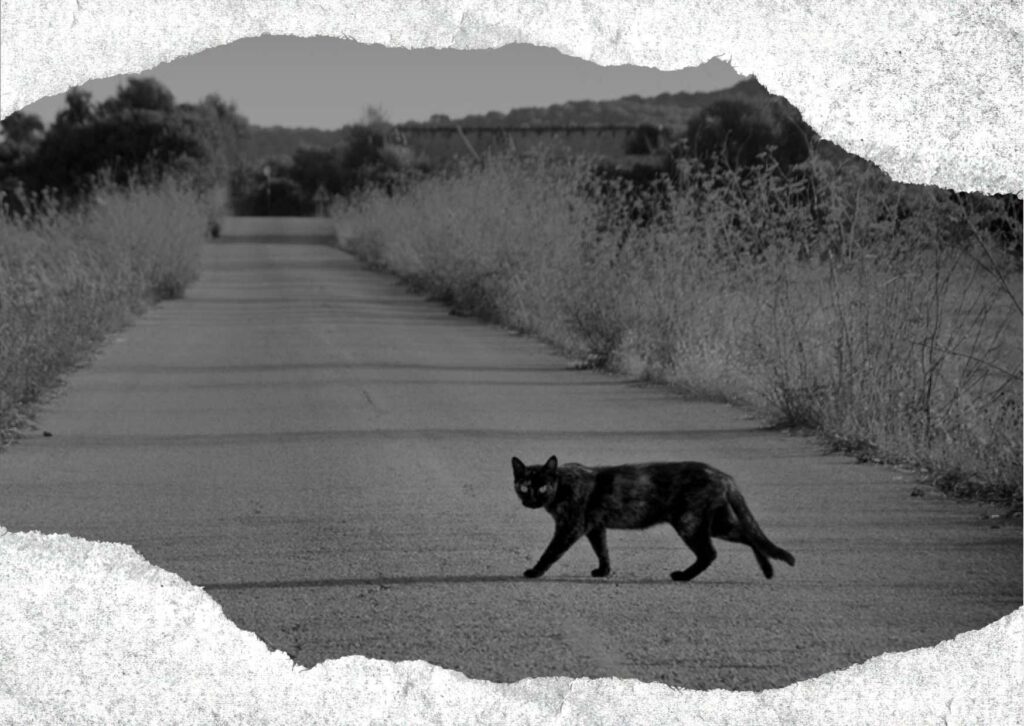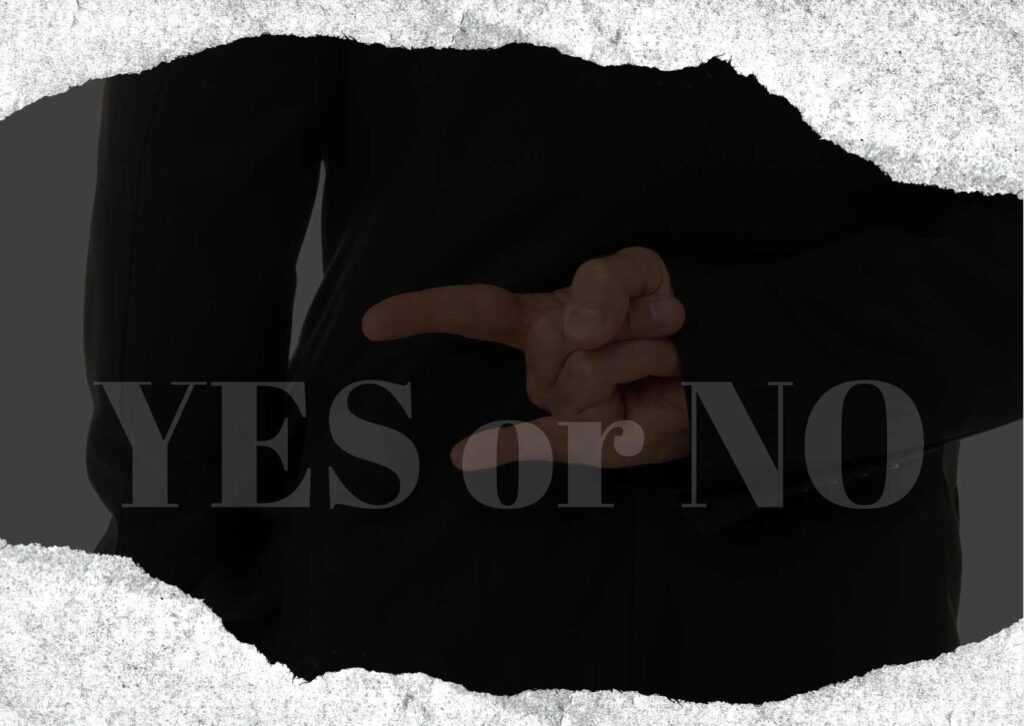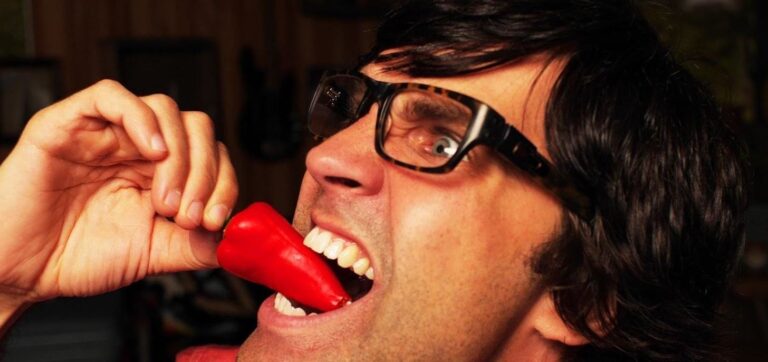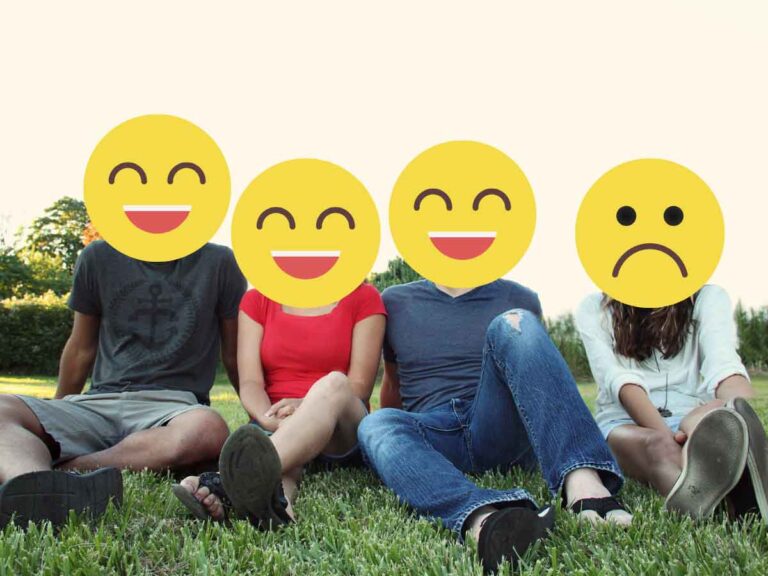
We believe in superstition and the supernatural because other people believe in it. In other words, our superstitious beliefs are cultural phenomena. But how does it affect our happiness?
If A Black Cat Crosses Your Road, It Means That… This Cat Is Going Somewhere
People don’t like to admit to anything less than perfect logic. Yet, we often make decisions on emotion, intuition, or some twisted sort of logic. We pretend to be rational human beings, while in reality, we all have certain limits. This is especially true to the degree that we all have cognitive biases, and we believe in the supernatural and superstitions.

I mention the supernatural because I often hear people referring to these beliefs regularly. They knock on wood, cheer in a specific way, and toss salt over a shoulder, all for good luck in different parts of life. These behaviors define logic and still exist today despite living in the most technologically advanced society ever, which makes them interesting to understand.
Belief in God, Just in Case It Is True…
Is it convenient to believe in God and the supernatural? One study [1] says that yes. In this study, the authors looked at people’s beliefs and concluded that they are the strongest, especially in the war zones, when we are close to our death bed or feel otherwise unsafe.

Thus, the belief in God, especially when it is most matters. Sure, sure, maybe I’m exaggerating, but only to the extent that people practice their religious practices when it is most convenient for us, just in case it is true. At least, this is true in this study.
Similarly, our sense of belief is affected by our socio-economic status. As you can imagine, on average, the richer you are, the less you tend to believe in superstition [2]. This is true to the point that most people who buy lottery tickets are of lesser socio-economic status.
Similarly, men seem to believe more in God than women. Women also live longer than men, coincidence?
The Real Reason We Believe in Superstition

We used to say that we believe in God, any God because it helped our ancestors explain the universe’s complexity. They didn’t understand lightning, wind, death, and other life concepts and therefore turned to religion. Today, due to science, we claim to have some of these answers, while many other questions remain, such as what happens after death? Indeed, religion still exists, and it still exercises a strong influence over our lives, with 93% of the world’s population believing in some religion. This means that there are still questions that science can’t answer, at least better than religion. Maybe there is a different reason for why religion exists, such as that it is true. We are not here to contemplate this.
There are still questions that science can’t answer, at least better than religion. Maybe there is a different reason for why religion exists, such as that it is true. We are not here to contemplate this.
Still, generally speaking, researchers into superstition agree that we still believe in bad luck from Friday 13, walking under leaders, and breaking a mirror because this is how we are dealing with stress. In other words, superstition makes our lives more stress-free and, therefore, happy. Perhaps, such as our ancestors, we still believe in superstitions because they remove stress from our lives?
Does Our Belief in Superstitions Make Us Happy?
In my book, Optimal Happiness: The Fastest & Surest Way to Reach Your Happiest Potential, I dedicate the whole chapter to religion and how it affects our well-being. My interest in purely happiness related. I don’t care whether any religious ideology is right or wrong. I do mention how our general belief in God, superstition, and the supernatural affect our happiness.

Generally speaking, there is a general finding that our belief in God, any God, will make us happy by 17% [3]. Explanations for this increase in happiness range from our sense of belonging. We feel part of a group, God himself, making us happier, and the religious practice in itself makes us more comfortable. Still, I don’t want to spoil these parts for you as you can read it in more detail in the book. Right now, we are only talking about superstition. Better said, we were talking about superstition. I hope you enjoyed this article!
As such, next time you see a black cat crossing your road, it is not a sign of bad luck. It is merely a cat who is going somewhere.
Source:
[1] Happiness: A Guide to Developing Life’s Most Important Skill by Matthieu Ricard and Daniel Goleman
[2] Sharma, Hariom and Naz, Samreen (2018) “Superstitious Beliefs and Happiness: A Correlation Study of Young Adults.” International Journal of Economic Research, 14(20), 12.
[3] Optimal Happiness: The Fastest & Surest Way to Reach Your Happiest Potential by Roman Russo














